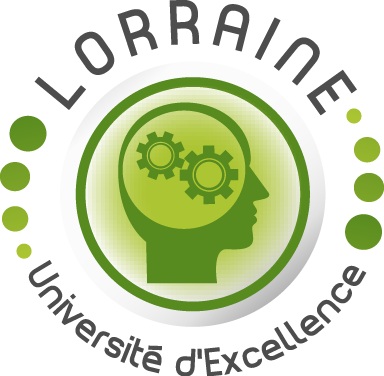Online conference on June 30th, moderated by The Conversation France.
| [PR] Lorraine Université d’Excellence: Two studies : Covid-19 and childhood obesity – The causal role of telomeres on metabolism – 30/06/2023 | Download |
Recherche on telomeres, located at the end of our chromosomes, is a field of study that has rapidly advanced, especially in the last five years. Such advancements can be seen either in the development of methods to measure them, or in the knowledge gained regarding their cellular influence.
Today, we evaluate the importance of this research in cases such as organ donation, or in the case of certain pathologies for which the length of telomeres can have an impact. More broadly, the role of telomeres can be a major point in the prevention of diseases related to aging.
As part of the One Health project of the LORRAINE UNIVERSITY OF EXCELLENCE, clinicians and biologists are working together to determine how to translate advances in the subject into useful data for health, particularly in terms of preventive medicine.
Professor Athanase Benetos, professor of internal medicine and geriatrics at the University Hospital of Nancy, and Professor Simon Toupance, associate professor in cell and molecular biology at the University of Lorraine, will respectively provide the perspectives of clinicians and biologists.
They will deal with the state of the art regarding telomeres and will detail the key periods of life for their constitution and preservation of this biological reserve. They will also address potential applications in the near future, all the while discussing their impacts in the context of public health, medico-economics, society, and ethics.

Biography of Athanase Benetos
Athanase Benetos graduated from the Medical School of the University of Athens in 1980 and obtained his PhD at the University of Paris VI in 1994. He is presently Professor of Geriatric Medicine and Biology of Aging at the University Hospital of Nancy-Lorraine.
He is member of the Executive Board and the Immediate Past President of the President of the European Geriatric Medicine (EuGMS)
Senior Researcher at the National Institute of Biomedical Research (INSERM) and member of the joint UL/INSERM research unit “Acute Cardiovascular Failure and Chronicle”, he focuses his research on the age-related arterial changes, and their clinical manifestations and more especially on the role of telomeres dynamics on arterial aging, the contribution of the vascular aging on the physical and cognitive frailty and the management of hypertension in very old people.
Since 2015, Pr. Athanase Benetos is the Director of the Federation Hospital/University on Cardiac and Arterial Aging (FHU-CARTAGE).
He has authored 430, papers published in peer-reviewed scientific journals (Google Scholar H index 102). In 2010 he published the book “ABCDaire du futur centenaire” (Robert Laffont, Paris). In 2019 he co-edited “The Cambridge Handbook of Successful Aging” (Cambridge University Press).


Biography of Simon Toupance
Simon Toupance is a Doctor of Pharmacy (PharmD, 2007) and a Doctor from the University of Reims Champagne-Ardenne (URCA), specializing in cellular and molecular biology (PhD, 2011).
He has been a lecturer in cell biology at the University of Lorraine (UL), Nancy since 2021, and a member of the joint UL/Inserm (National Institute for Health and Medical Research) research unit “Acute Cardiovascular Failure and Chronicle” since 2012. Simon is also the co-director of the Competence Center, which specialises in telomere dynamics at the University of Lorraine.
His research focuses on the role of telomere dynamics in cardiovascular (CV) aging. In this context, he has implemented a method for measuring the length of high precision telomeres by Southern Blot and participated in numerous national and international clinical studies (TELARTA, ERA, STANISLAS, ADELAHYDE, FRAILSAFE, RETREAt-FRAIL, TELOBESE …).
His current work focuses on the role of endothelial progenitors in the connection between CV diseases and telomere length (TL) as well as on the study of TL distribution with the introduction of the concept of telomere signature.

